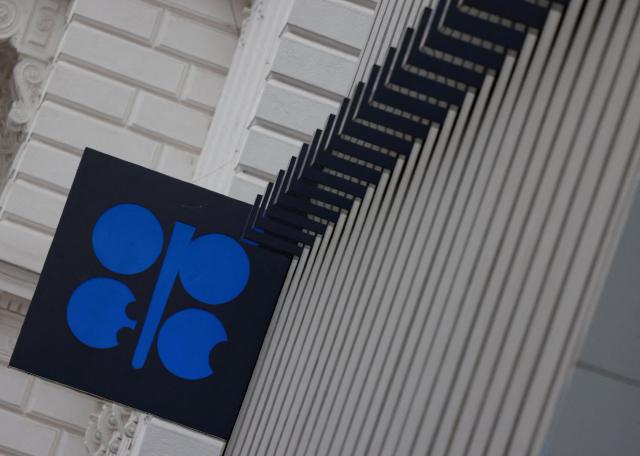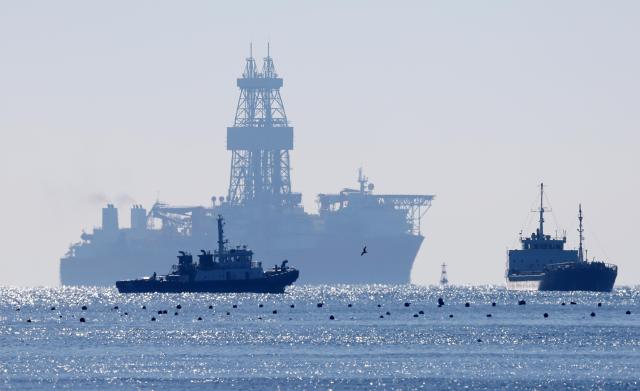
OPEC revised its global oil demand growth forecast for 2024 downward on Tuesday, citing data from this year. This marked the second consecutive reduction in OPEC's outlook. A significant factor behind the revision was China, with OPEC cutting its estimate for Chinese oil demand growth to 650,000 barrels per day from 700,000 barrels per day, pointing to economic challenges and the country's transition to cleaner energy sources.
Oil prices recovered slightly after a sharp 3-percent drop on Tuesday but remained near three-year lows due to reduced demand forecasts from OPEC+ for 2023 and 2025.
Saudi Arabia's main stock index (.TASI) dropped by 1.8 percent, with major contributors including Al Taiseer Group, which fell 1.7 percent, and ACWA Power Co., which slid 5.1 percent. Saudi Aramco, the national oil company, also saw a 0.7-percent decrease in its stock price.
In the U.S., August consumer price data showed a slight increase, but core inflation remained persistent. This could lead the Federal Reserve to reconsider a half-point interest rate cut next week. Economists had predicted a 0.2-percent rise in the Consumer Price Index (CPI) with a 2.6-percent year-on-year increase. Although inflation is still above the Fed's 2-percent target, it has slowed considerably.
Dubai's stock index (.DFMGI) declined 0.9-percent, led by a 2.7-percent drop in Emirates NBD. Similarly, Abu Dhabi's index (.FTFADGI) also fell 0.9 percent. Qatar's index (.QSI) edged lower by 0.2 percent, with Qatar Gas Transport dropping 2.3 percent.
In contrast, Egypt's blue-chip index (.EGX30) gained 1.3 percent, driven by an 8.8-percent surge in Egypt Kuwait Holding.
Copyright ⓒ Aju Press All rights reserved.




